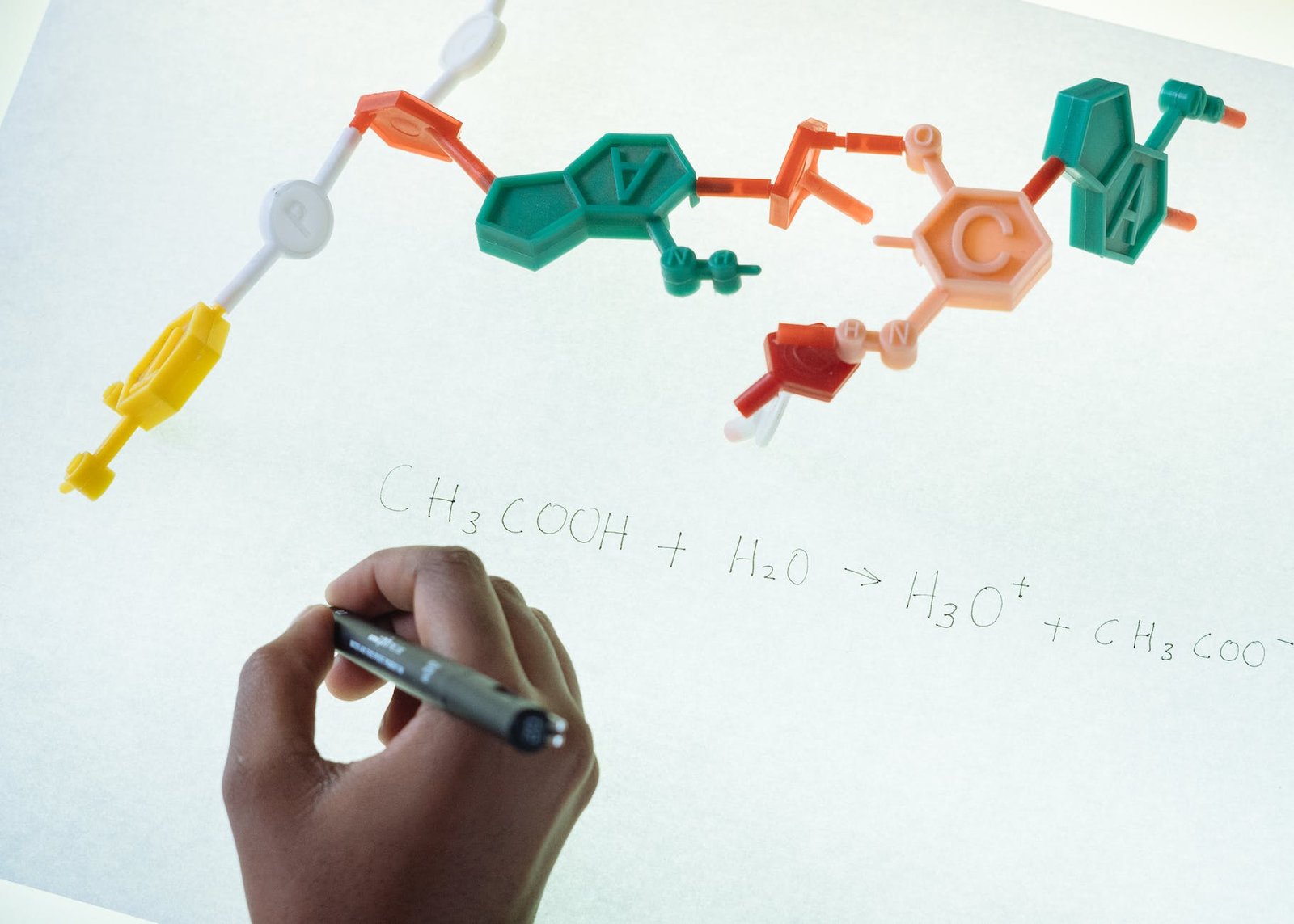How to Prepare Organic Chemistry for NEET: Preparing for organic chemistry for the NEET (National Eligibility cum Entrance Test) or any other competitive exam requires a structured approach and a strong understanding of the subject. Here’s a step-by-step guide to help you prepare for organic chemistry effectively:
Understand the Syllabus
- The NEET syllabus for organic chemistry includes a wide range of topics. It’s essential to have a clear understanding of what you need to study. The topics generally include:
- Basics of organic chemistry, including the structure and properties of organic compounds.
- Nomenclature of organic compounds.
- Isomerism: Structural, stereo, and geometrical isomerism.
- Hybridization and resonance.
- Alkanes, alkenes, alkynes, and aromatic compounds.
- Functional groups: Alcohols, phenols, ethers, carbonyl compounds, carboxylic acids, and their derivatives.
- Reaction mechanisms: Substitution, elimination, addition, and rearrangement reactions.
- Stereochemistry: Chirality, enantiomers, diastereomers, and optical activity.
- Aromaticity and electrophilic aromatic substitution reactions.
- Polymers, biomolecules, and chemistry in everyday life.
- Ensure that you have a comprehensive list of these topics as it will help you create a study plan.
Get the Right Resources
- Choosing the right resources is crucial for mastering organic chemistry. Here are some recommendations:
- Textbooks: Invest in well-regarded organic chemistry textbooks like “Organic Chemistry” by Morrison and Boyd, “Organic Chemistry” by Paula Yurkanis Bruice, and “Organic Chemistry” by Solomons & Fryhle. These books cover the subject extensively and provide a strong foundation.
- Study Material: Collect previous years’ NEET question papers and sample papers. This will allow you to understand the question patterns and practice effectively.
- Make sure to obtain the latest editions of these books as they may have updates and improvements.
Learn the Basics
- Start by building a strong foundation in organic chemistry with the following fundamental concepts:
- Structure of Organic Compounds: Understand the structure of organic molecules, including the arrangement of carbon atoms, hydrogen atoms, and functional groups. Learn about bond types, bond lengths, and bond angles.
- Isomerism: Study the different types of isomerism, including structural (constitutional) isomerism, stereo (geometrical and optical) isomerism, and their implications.
- Nomenclature: Learn the rules for naming organic compounds. This includes naming alkanes, alkenes, alkynes, and cyclic compounds, while also considering substituents and functional groups.
- Types of Chemical Reactions: Familiarize yourself with the various types of chemical reactions, such as addition, elimination, substitution, and rearrangement reactions. Understand the key characteristics of each reaction type.
- These foundational concepts are crucial for understanding more advanced topics in organic chemistry, so ensure you grasp them thoroughly before moving on to more complex subjects.
Reaction Mechanisms
- Dive deeper into understanding reaction mechanisms. This is a critical aspect of organic chemistry.
- Study how chemical reactions occur at the molecular level, including the movement of electrons and the formation of intermediates.
- Familiarize yourself with common reaction mechanisms, such as nucleophilic substitution, elimination, addition, and rearrangement reactions.
- Understand the role of catalysts and the factors influencing reaction rates.
Functional Groups
- Functional groups are the key reactive centers in organic compounds. Study various functional groups and their properties.
- Different functional groups have distinct chemical properties and reactivity. Learn how to identify them in organic molecules.
- Understand the behavior of functional groups in chemical reactions, including how they participate and the products they form.
- Recognize the reactivity trends of different functional groups and their impact on reaction outcomes.
Stereochemistry
- Stereochemistry is crucial for understanding the three-dimensional aspects of organic molecules.
- Explore chirality, which is the property of molecules that are non-superimposable mirror images (enantiomers). Learn about chiral centers and how to assign R/S configurations.
- Study enantiomers and diastereomers and their relationship to optical activity.
- Understand the concept of optical activity, including how enantiomers affect plane-polarized light.
Practice Regularly
- Organic chemistry is a subject that requires practice to excel. Regularly work on solving problems and exercises.
- Solve a variety of problems related to the topics you’ve studied. This will help you gain a deep understanding of concepts and improve problem-solving skills.
- Use textbooks and study guides to find practice problems, and attempt previous years’ NEET questions and sample papers to become familiar with the exam format.
Use Visual Aids
- Organic chemistry often involves complex three-dimensional structures. Visual aids can greatly assist your understanding.
- Consider using molecular models, molecular diagrams, and computer simulations to visualize organic molecules and their reactions.
- Online resources and videos can provide visual explanations of intricate concepts, helping you comprehend complex structures and mechanisms.
Make Notes
- Create concise and organized notes as you study. These notes should contain key reactions, mechanisms, and important concepts.
- Well-structured notes will be valuable for quick revision and reference before the exam.
- Use color coding or diagrams to make your notes more visually appealing and memorable.
These steps will provide a solid foundation for your organic chemistry preparation for the NEET exam. Continue to follow the sequence, and stay consistent in your efforts to build a strong understanding of the subject.
